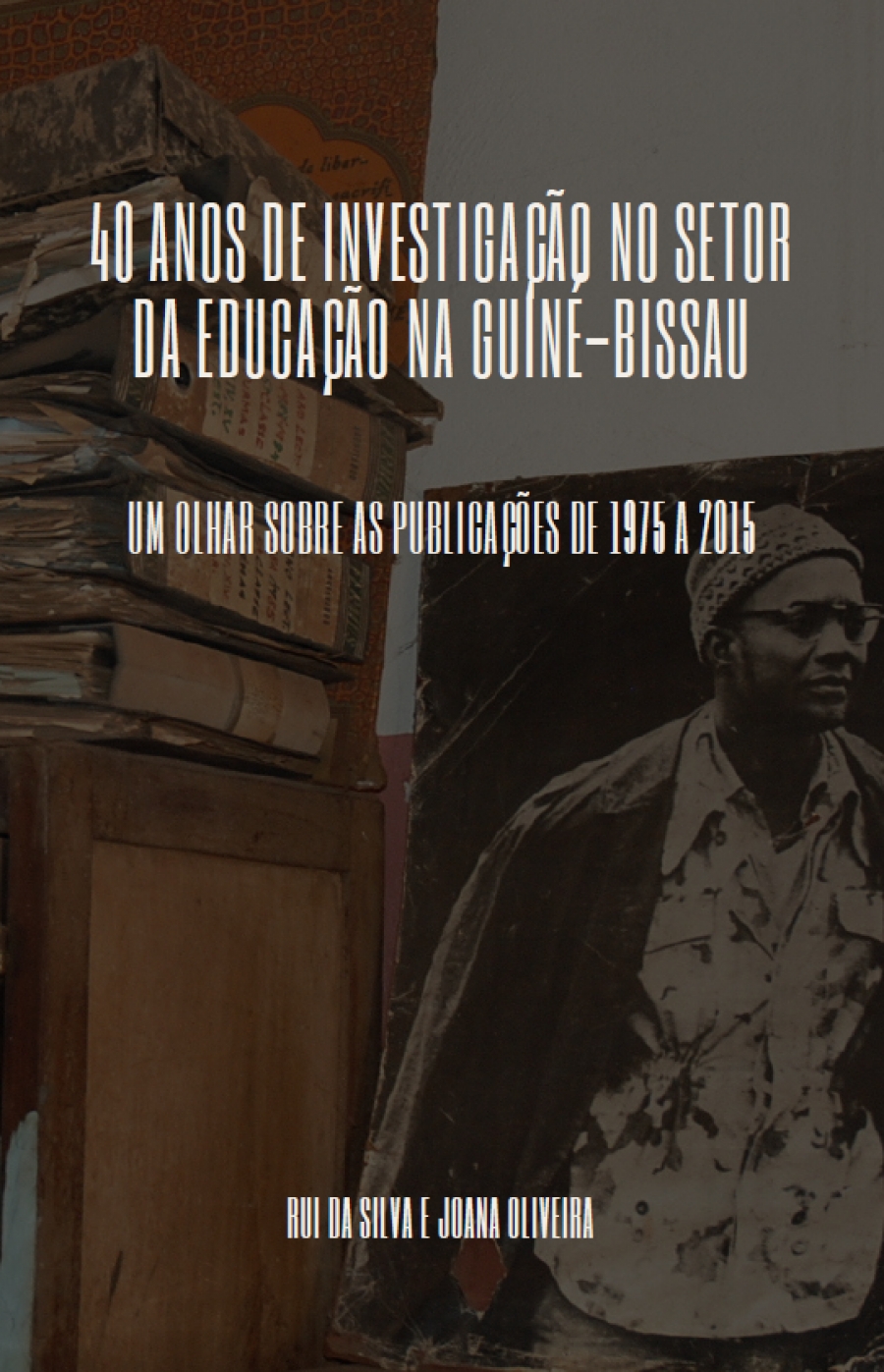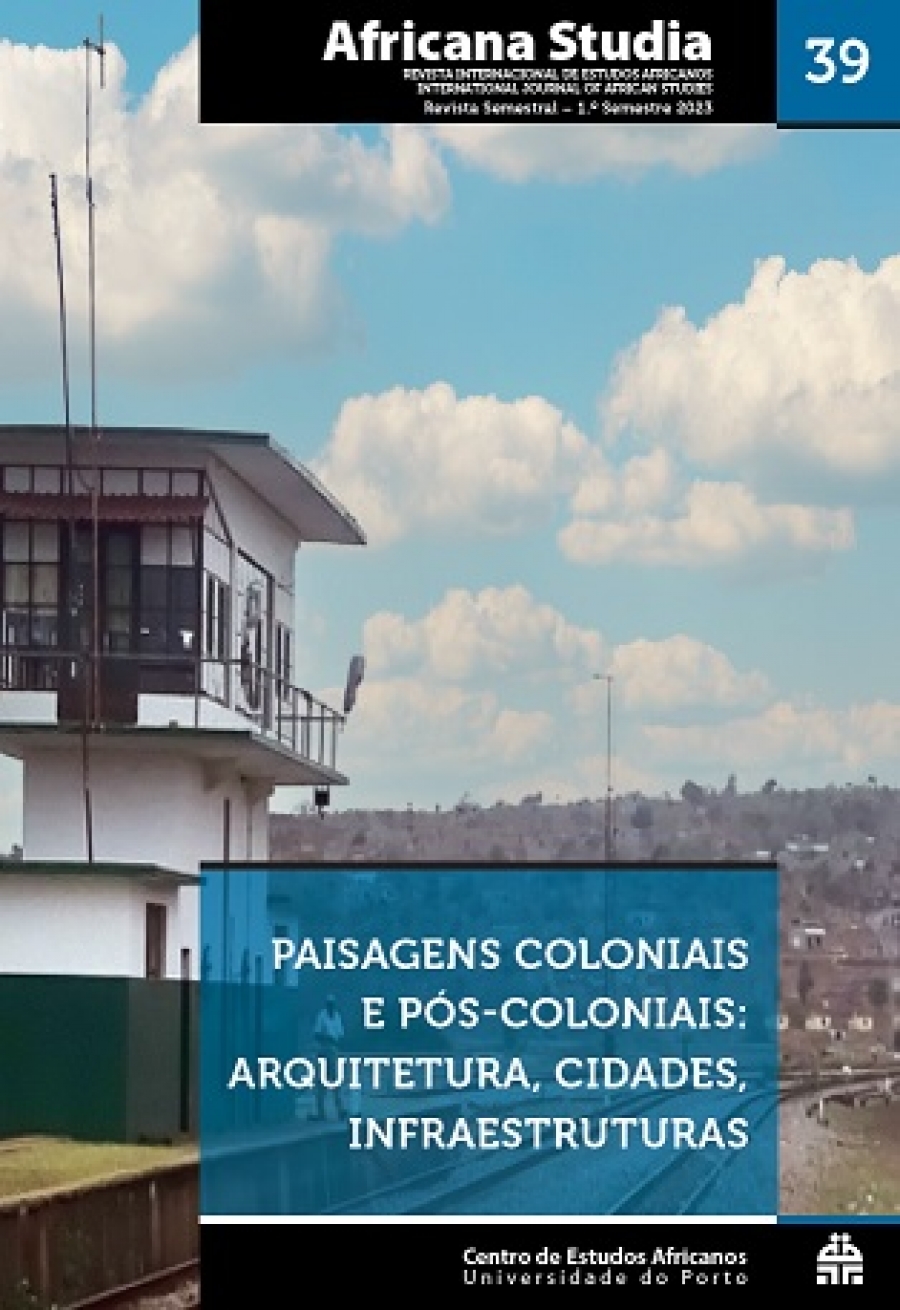
Índice:
(sem índice)
|
|
Se está registado importe |
Resumo / Abstract
Em 1877, foi publicado um livro, em Lisboa, sobre a colónia portuguesa de São Tomé e Príncipe. O seu autor era Manuel Ferreira Ribeiro, um médico com opiniões controversas sobre os habitantes dessa colónia, em particular sobre os brancos, um grupo que incluía igualmente os degredados, indivíduos que tinham sido acusados de cometer crimes e cujas sentenças incluíam muitas vezes trabalho correccional. Este artigo começa por abordar as opiniões do médico sobre os degredados portugueses que ele via como indivíduos que precisavam tanto de reabilitação física como moral. Para ele, a reabilitação através do trabalho não só transformaria os degredados numa força laboral activa, da qual as ilhas precisavam, mas também os transformaria em exemplos ideais de “bons” europeus numa colónia onde os africanos e os mestiços eram dominantes. Ao explorar o discurso deste médico tanto à luz das políticas relacionadas com o trabalho forçado na colónia como das práticas e ideias médicas da altura, este artigo pretende dar uma nova perspectiva sobre este grupo controverso da sociedade santomense durante as últimas décadas do século XIX.
In 1877, a book was published in Lisbon about the Portuguese colony of São Tomé e Príncipe. Its author was Manuel Ferreira Ribeiro, a doctor who expressed thought-provoking opinions about the inhabitants of this colony, in particular about the whites, a group that also included the degredados, individuals who had been accused of committing crimes and whose sentences often included correctional labour.
This paper begins by addressing the doctor’s opinions about the Portuguese degredados, whom he saw as individuals in need of both physical and moral rehabilitation. To him, rehabilitation through labour would not only transform the degredados into an able-bodied labour force which the islands needed, but would also transform them into ideal examples of “good” Europeans in a colony where Africans and mixed-blood individuals were numerically dominant. Exploring the doctor’s discourse in light both of policies regarding coerced labour in the colony, as well as the medical ideas and practices of the time, the paper aims to shed new light on this controversial group within Santomean society during the last decades of the nineteenth century.



